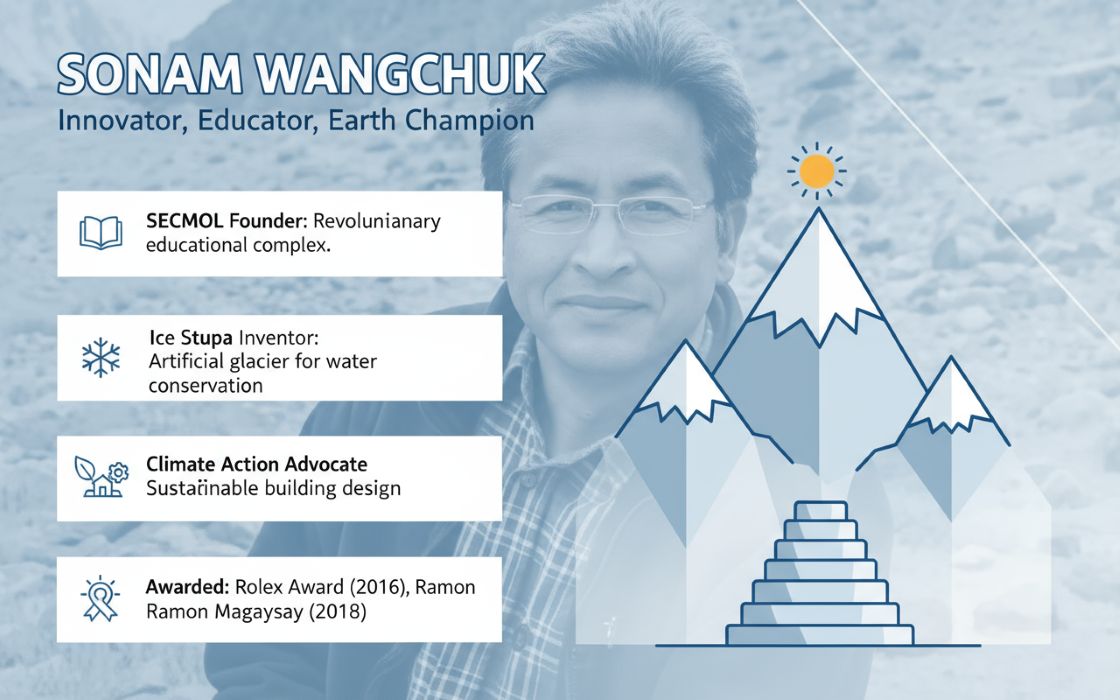New Delhi, May 8, 2025: At the National Conference on Women Leadership Moonshot: Shaping the Future, organised by the Sankala Foundation, supported by the National Human Rights Commission (NHRC), India, and the Indian National Science Academy (INSA), a diverse group of thought leaders, policymakers and experts shared their vision of the future of women-led development in India. The conference partners include US-India Strategic Partnership and the Bharti Airtel Foundation. The event was held on May 2.
The conference witnessed a galaxy of eminent speakers, such as Dr. Kiran Bedi, Former Lt. Governor of Puducherry; Mr. Amitabh Kant, G20 Sherpa of India, and former CEO at NITI Aayog, and Mr. Bharat Lal, Secretary General and CEO, National Human Rights Commission, who spoke about their vision for women-led development in India.
The ‘National Conference on Women Leadership Moonshot: Shaping the Future’ included four special sessions, on Innovation, Start-ups and Entrepreneurship, Research and Technology Development Focused on Promoting Women in STEM and Leadership in R&D, Governance and Social Transformation, and Shaping the Future (Education and Healthcare).
On the theme of healthcare, which delved into innovation, accessibility, and community-focused models for long-term impact, the speakers included Dr. Vinod Paul, Member (Health, Nutrition and Education), NITI Aayog; Dr. Manohar Agnani, Professor, Public Health, Azim Premji University, Bhopal & Former Additional Secretary, Ministry of Health and Family Welfare; and Ms. Roli Singh, Additional Secretary, Ministry of Health and Family Welfare
Speaking during the session on Shaping the Future – Education and Healthcare, Dr. Vinod Paul highlighted anaemia as a major but under-recognised public health challenge, particularly among women. Nearly half of India’s adolescent girls (around 59%) and women of reproductive age (55–57%) suffer from anaemia, which impacts not just physical health, but also cognitive function and productivity. Dr. Paul called for a multi-pronged response involving dietary diversification, proactive haemoglobin monitoring, and effective interventions, noting that as many as one in three or four women may suffer from suboptimal physiology due to anaemia.
He also drew attention to other hidden health burdens among women, such as osteoporosis—affecting about one-third of women over 50—and mental health issues, especially among older women. The social reality of widowhood is striking, with 54% of women over 60 widowed, compared to 17% of men. Dr. Paul urged a comprehensive, lifespan approach to women’s health—extending beyond reproductive and non-communicable diseases to include social security and overall well-being.
Dr. Manohar Agnani spoke on the complexities of women’s health in India. He began by highlighting major achievements in reproductive health, including an 83% reduction in maternal mortality over the past three decades—well ahead of global trends. He noted that many Indian states and Union Territories have achieved replacement-level fertility rates. Citing NFHS data, he emphasised increased use of hygienic menstrual protection among young women, narrowing disparities in neonatal mortality rates, and improved access to postnatal care.
Dr. Agnani also spoke about the growing prevalence of non-communicable diseases (NCDs), particularly among women aged 40 and above, who face higher rates of mental health disorders. He emphasised that women disproportionately suffer from prolonged illness and disability—conditions like being underweight, anxiety, depression, musculoskeletal disorders, Alzheimer’s disease, and chronic headaches. This leads to a substantial gender gap in Disability-Adjusted Life Years (DALYs), especially for major depressive disorders.
Dr. Agnani strongly advocated for a gender-responsive healthcare system, increased investment in research and development, and the systematic collection and analysis of sex- and gender-disaggregated data. He stressed the need to close access gaps in gender-specific care and urged that healthcare policies extend beyond reproductive health to address the full spectrum of women’s health across their lifespans.
He also raised concerns over the rising rates of unnecessary Caesarean sections and hysterectomies, which can have lasting health impacts. Dr. Agnani concluded by referencing the National Health Policy 2017 and other existing frameworks, calling for more tailored, well-implemented, and adequately resourced strategies to ensure equitable and holistic healthcare for all women.
He noted that 47% of diseases disproportionately affect women—such as autoimmune disorders and atrial fibrillation—yet receive inadequate attention in research and healthcare systems. He highlighted the chronic underinvestment in conditions that affect women’s quality of life rather than mortality, such as endometriosis, PCOS, uterine fibroids, PMS, and menopause-related challenges. The latter alone has an estimated global GDP impact exceeding $1 trillion, according to the World Economic Forum.
Meanwhile, drawing a connection between education and healthcare, Ms. Roli Singh expressed that women's participation in the workforce hinges on a society that is both healthy and educated. The current government has prioritised accessibility and inclusion by universalising healthcare and strengthening Village Health Centres (VHCs), Community Health Centres (CHCs), and district hospitals. Additionally, there has been a significant increase in MBBS and postgraduate medical seats.
The School Health Ambassador Programme, she mentioned, has enabled teachers to act as health champions, sensitising both girls and boys. In collaboration with Nehru Yuva Kendra, adolescent boys were also engaged in awareness efforts. Multiple schemes were converged to amplify impact. With support from the Bill and Melinda Gates Foundation, TELE-MANAS counsellors were trained to address adolescent health issues. Schools must provide safe, supportive environments that address both mental and adolescent health comprehensively.
Sankala Foundation, a non-profit, is dedicated to advancing research, training and advocacy in the field of climate change, public health, natural heritage, water and sanitation.






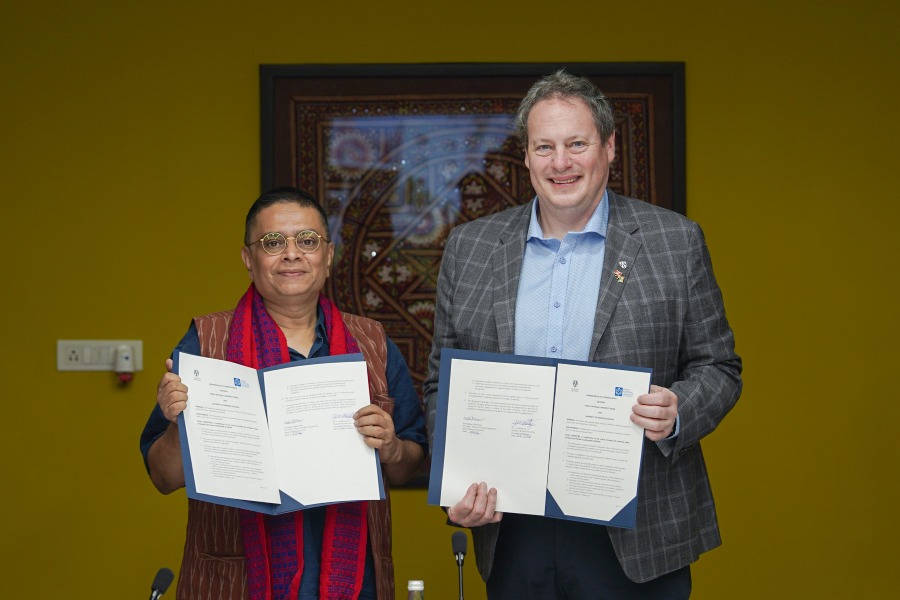
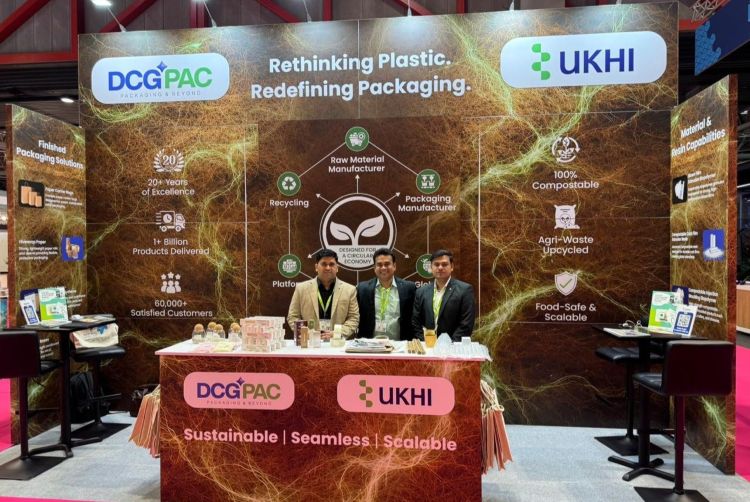
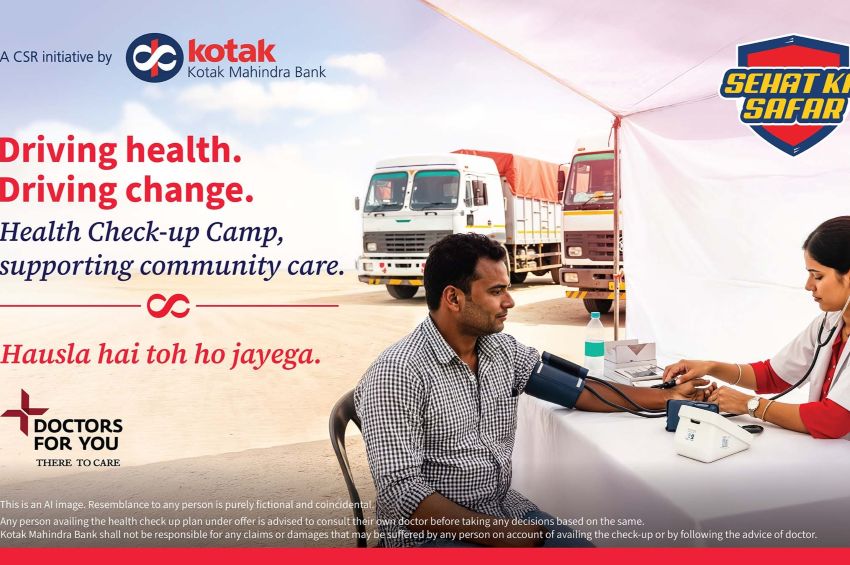
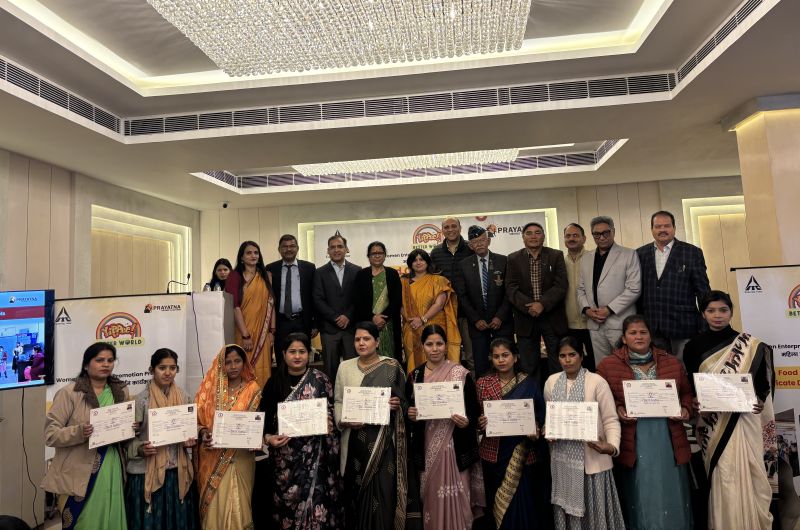
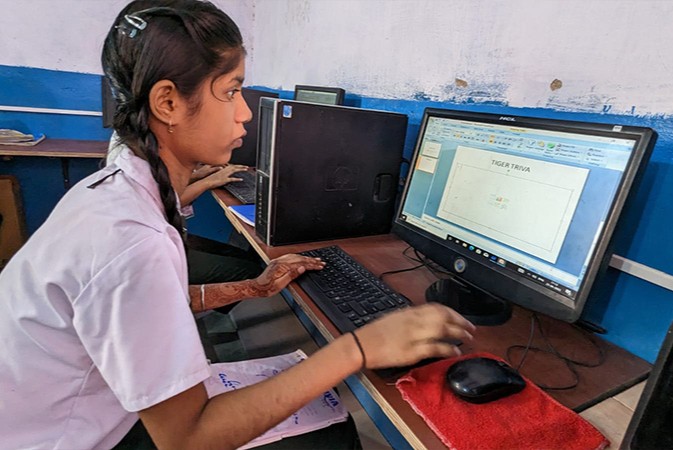



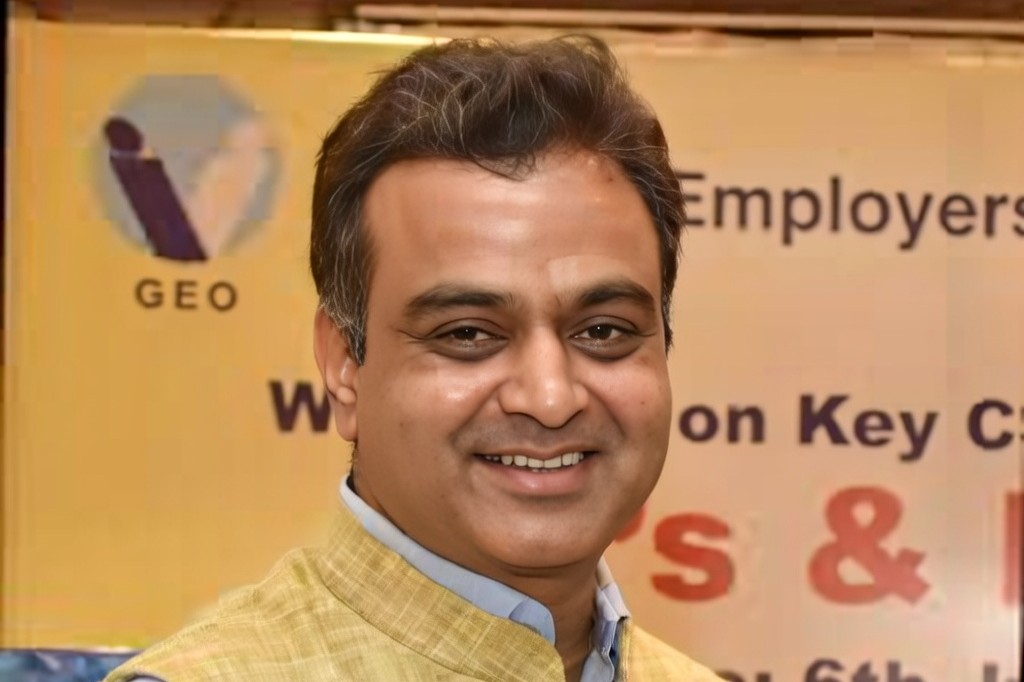
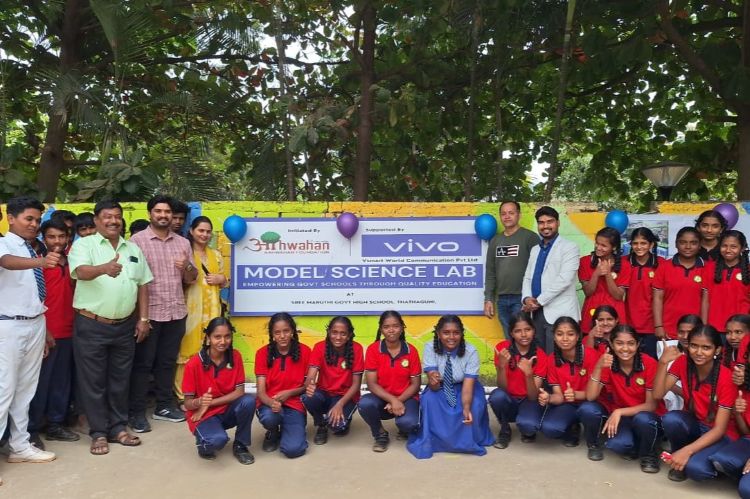

.jpg)

